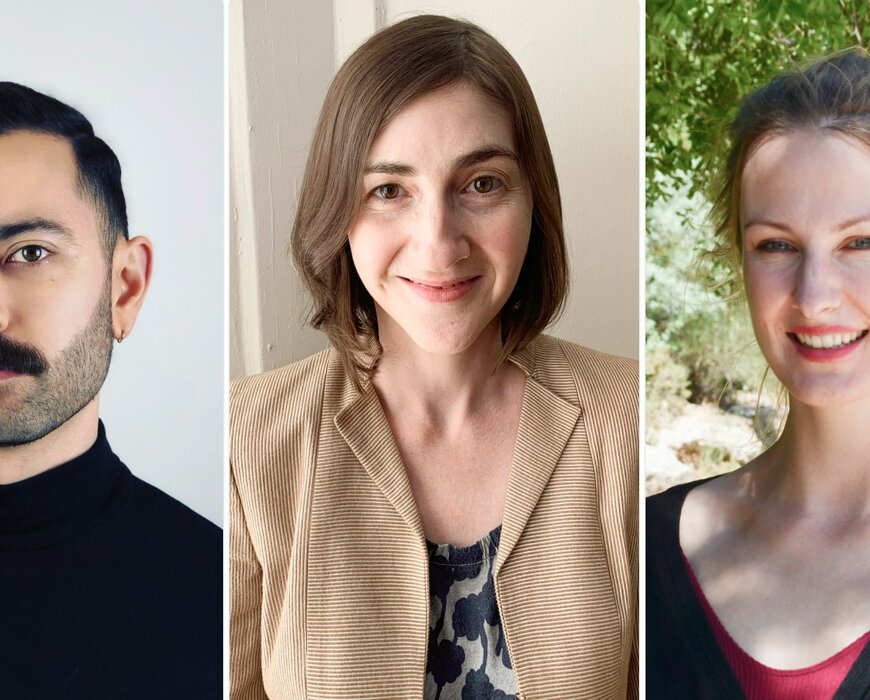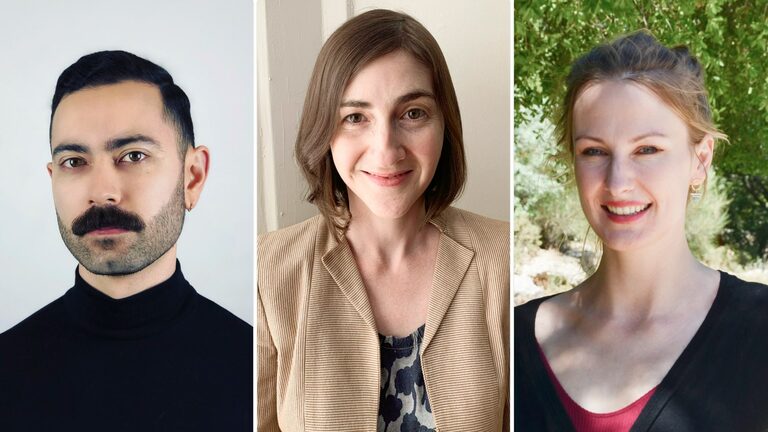Sun, August 27, 2023 at 11:00 AM
EDWARD W. SAID DAYS
Panel I: Music in the Context of Global Colonial Contact
Pierre Boulez Saal - Mozart Auditorium
Edward Said’s work on music concentrated primarily on the Western “classical” tradition. His theoretical frameworks nevertheless provide a vital inspiration for examining the role of musical exchange in colonial/imperial contact, in an historical perspective and in more contemporary contexts.
Brigid Cohen (New York University)
Exile, Orientalism, and the Muscial Vocation of Yoko Ono
Overshadowed by her celebrity marriage, Yoko Ono has seldom been taken seriously for her musical vocation or its relationship with intellectual history and politics. In the early 1960s, Ono made her artistic debut in New York as an exile from gendered second-class citizenship in Japan. Fluent in East Asian and European philosophical and music traditions, she entered the Zen-crazed milieu around John Cage, a community that responded with Orientalist fascination to the Cold War expansion of U.S. power abroad. Drawing on Edward Said’s foundational work, this talk explores Ono’s work in opera, improvisation, and “music of the mind” in the 1960s. These projects hover between exilic rituals of self-care and a public counter-discourse of Orientalism.
Makoto Harris Takao (University of Illinois)
Sounding Kirishitan Identity in 16th-Century Japan: Centering Intercultural Methodologies on the Practice of Global Music History
What did it mean to sound kirishitan (吉利支丹,Japanese Christian) and in what ways did these practitioners “sound” their belonging in the 16th century? Reflecting on the legacy of Edward Said’s “contrapuntal” analytic, this presentation attempts an answer to these questions by reading Jesuit missionary documents against the grain. In so doing, it advocates for an intercultural methodology to capture a diversity of performance practices (from sung narrative traditions to devotional dance forms) that have fallen between the cracks of musicology and cultural history, as well as between historians of Catholicism and those of early modern Japan. As a case study, this presentation articulates an approach to global music history as a way of seeing and situating specific local and regional spaces within the context of global structures and transformations.
Clara Wenz (University of Würzburg)
The Musical Triangle: Trajectories of Arab-Jewish Berlin
This lecture situates the Barenboim-Said Akademie within a broader history of Arab-Jewish musical contact in Berlin—from the Lebanese record company Baidaphon, whose main office operated in Mittelstrasse and whose output included records of Hebrew songs, to Egyptian-Jewish connections forged at the former jazz clubs on Kurfürstendamm, to a Syrian-Israeli performance of Jewish liturgy at the Fraenkelufer Synagogue in Kreuzberg. Considering Berlin’s complex, diverse, and ongoing Arab-Jewish musical histories, the presentation argues, can strengthen the Akademie’s humanist vision and make it more robust against postcolonial critique.
Curated by Prof. Dr. James Helgeson & Prof. Dr. Regula Rapp
The lectures and symposium will be presented in English. Admission is free, prior registration required.
Artists
Speaker
Speaker
Speaker
Presenter

